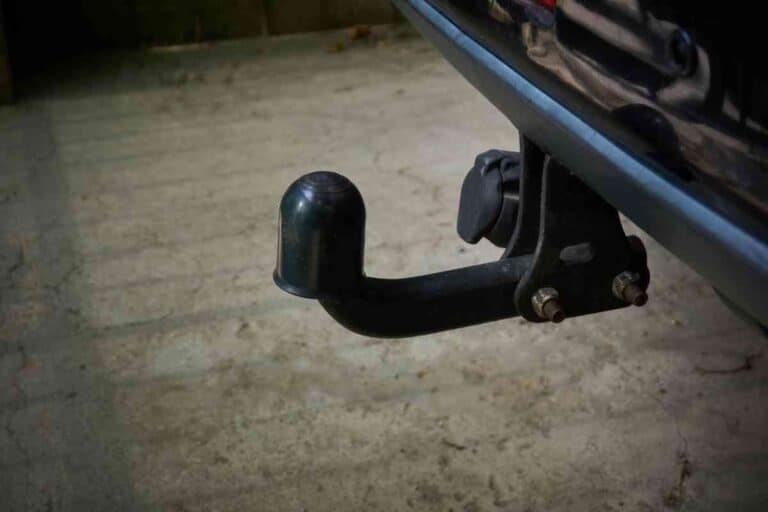Four Wheel Trends
Learn the ins and outs of the latest trucks, SUVs, Jeeps, and cars, along with emerging vehicle trends.
Four Wheel Trends provides helpful expert tips and answers to frequently asked questions across hundreds of vehicles from all of the major automakers: Jeep, Chevy, Ford, Toyota, GMC, and more.
Four Wheel Trends provides consumer advice you can trust, is frequently updated, and is accurate.
Automotive Reader Favorites
Get the latest automotive tips
and recommendations sent to your inbox.
Featured Automotive Post

Buying Gas At Costco: Everything You EVER Wanted To Know!
Drive by a Costco during peak hours and you’ll likely see a line for the gas station. You may be wondering what all of the excitement is about. Costco offers some of the most affordable gas around, while also providing high-quality top-tier fuel with additives that exceed requirements set by the EPA. Members often find…
About
Hi, I’m Kern!
I’m a guy with a lifelong passion for four wheel drive vehicles.
At Four Wheel Trends, we are passionate about vehicles and love sharing everything we learn about them.
Four Wheel Trends aims to be the ultimate resource for learning everything about your new vehicle, or information when trying to find the right one.

























![What’s The Best Ipad For Overlanding? [An Experienced Answer!] 27 What’s The Best iPad For Overlanding? [An Experienced Answer!]](https://fourwheeltrends.com/wp-content/uploads/2022/05/Whats-The-Best-iPad-For-Overlanding-An-Experienced-Answer-768x512.jpg)


















